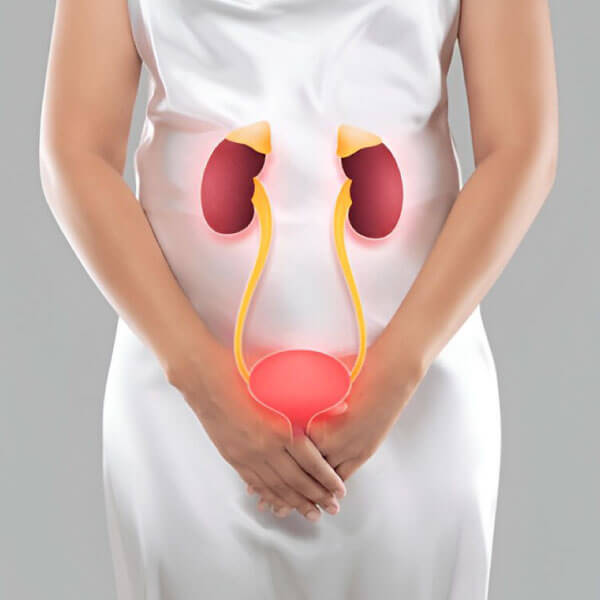
Chronic pain during intimacy means feeling ongoing discomfort or pain while being sexually active. It can make intimacy feel stressful instead of joyful. Some people take medication, but the best results often come from using the right products and getting expert advice. Visit our DOXXES store on SW Freeway/Chimney Rock to find gentle tools that can support healing and connection.
What Is Chronic Pain in Intimacy?
Doctors define it as pain that lasts for more than 3 months during sex, touching, or penetration.
Main types of pain:
- Superficial: Pain at the opening of the vagina or penis
- Deep: Pain in the pelvis or lower abdomen
- Provoked: Pain triggered by movement, pressure, or certain positions
Why Does Chronic Pain Happen?
Emotional causes:
- Stress or fear about sex
- Past trauma or abuse
- Relationship worries or fear of hurting
Physical causes:
- Infections or inflammation
- Hormone changes (pregnancy, menopause, etc.)
- Tight or weak pelvic floor muscles
- Conditions like endometriosis or fibroids
- Side effects from medications
Often, both emotional and physical factors combine.
Common Examples and How to Spot Triggers
People describe chronic intimacy pain as:
- A burning or stinging feeling at the entrance
- A deep ache inside the pelvis during movement
- Pain at a specific angle during sex
- Tenderness that lingers for hours afterward
How to identify your triggers:
- Keep a journal about when pain happens, including what positions or activities were involved
- Notice if stress, lack of sleep, or certain days affect the pain
- Try changing lube, positions, or timing to reduce discomfort
Who Is Affected?
Chronic pain during sex can happen to anyone—regardless of gender.
- Women: May have vaginal pain or gynecological conditions
- Men: May deal with nerve pain, prostatitis, or tension
- Nonbinary individuals: May face unique emotional or physical challenges
This kind of pain can lower self-confidence and make people avoid intimacy altogether.
How a Sex Therapist Can Help
Therapists trained in sexual health can:
- Talk with you about your past and current experiences
- Screen for anxiety, trauma, or depression
- Offer safe, pressure-free ways to communicate with your partner
How to Treat and Cope
Therapy and Mind-Body Support:
- Individual or couple counseling
- Mindfulness, deep breathing, or imagery to reduce tension
Physical Support:
- Massage to relax muscles
- Pelvic floor therapy
- Gentle stretches taught by a specialist
Products can also help relieve pain and build trust again.

How DOXXES.Love Can Help
We offer body-safe, easy-to-use items to support you:
- Water-based lubricants: Reduce friction and dryness
- Pelvic floor tools: Help with strength and control
- Vibrators and massagers: Designed for slow, gentle use
- Prostate massagers: Soft, flexible, and beginner-friendly
Every item includes clear instructions and cleaning tips.
How to Talk About It with Your Partner
Tips for healthy conversations:
- Use “I” statements, like “I feel nervous when pain starts”
- Choose a quiet, calm moment to share
- Read about the topic together
- Ask open questions and check in regularly
- Don’t wait—talk to a professional if things get hard emotionally
Visit DOXXES – SW Freeway/Chimney Rock
Our store is welcoming, discreet, and full of trusted items. Stop by for personalized advice from our trained team. You deserve comfort and support—let’s find what works best for you.
Conclusion
Chronic pain doesn’t mean intimacy has to stop. With the right care, communication, and gentle tools, comfort is possible. Let DOXXES help you take the first step.
FAQs
- What is chronic pain during intimacy?
It’s pain during sex or touch that lasts for more than 3 months. - What causes it?
Physical conditions like infections, fibroids, or tight muscles—and emotional stress or past trauma. - Is it common?
Yes. Many people go through it, but don’t always talk about it. - Can I find products to help at DOXXES Chimney Rock?
Yes. We carry lubricants, massagers, and gentle dilators. - Is the pain only physical?
No. Emotions like fear or anxiety can also cause tension and pain. - Should I stop sex altogether?
Only if it causes distress. You can explore other ways to connect. - Does therapy really help?
Yes. Sex therapy and pelvic floor therapy often bring real relief. - Are some positions better than others?
Yes. Slower pace, different angles, or more foreplay can ease pain. - Do I need medicine?
Sometimes. Your provider might suggest pain relief, hormones, or relaxants. - Should my partner be involved?
Yes. Talking together and working as a team makes healing easier.
